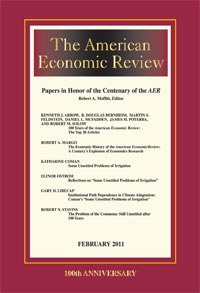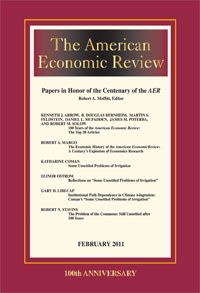

Jan Engelmann
Biography
Jan Engelmann is Professor of Neuroeconomics at the Amsterdam School of Economics (ASE) of the University of Amsterdam. Engelmann is a researcher with the UvA’s Centre for Research in Experimental Economics and Political Decision making (CREED) and a lecturer in the Neuroeconomics Master’s track.
In his research and teaching, Engelmann focus on decision biases in risky and social choices and how these are driven by cognitive and emotional processes. This includes topics such as the role of anxiety when deciding to invest in risky assets, as well as when deciding whether to trust others.
Key publications


List of publications
Engelmann, J., Lebreton, M., Salem-Garcia, N., Schwardmann, P. and \van der Weele\, J.J. (2024). Anticipatory Anxiety and Wishful Thinking American Economic Review, 114(4):926--960.
Hirmas, A., Engelmann, J. and \van der Weele\, J. (2024). Individual and Contextual Effects of Attention in Risky Choice Experimental Economics, 27(5):1211--1238.
Hirmas, A. and Engelmann, J. (2023). Impulsiveness moderates the effects of exogenous attention on the sensitivity to gains and losses in risky lotteries Journal of Economic Psychology, 95:.
Cohn, A., Engelmann, J., Fehr, E. and Maréchal, M. (2015). Evidence for Countercyclical Risk Aversion: An Experiment with Financial Professionals American Economic Review, 105(2):860--885.